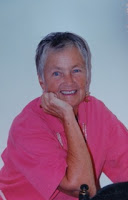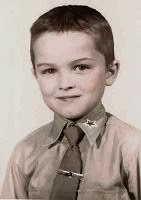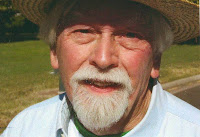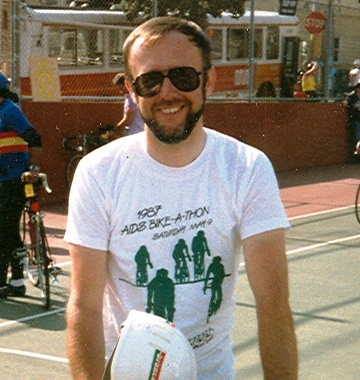Searching Google, as I so often do, for inspiration on this topic, I was surprised to see one of the first things to come up was a pop music group of some unknown (to me, at least) variety called The Drain. This has happened amazingly often with our topics. There are apparently, for example, groups called Magic, Guilty Pleasures, Culture Shock and Did It My Way, all topics on which we have written. There is also one called Horseshoes and Hand Grenades. We have only written on the first part of that, so maybe we should tackle Hand Grenades one of these days.
Tricky things, drains. In the northern hemisphere liquid rotates clockwise as it disappears down a drain; in the southern hemisphere it circles in a counterclockwise motion. We all know that this is simply a function of the rotation of the earth, and yet everyone seems to be fascinated by this one fact of life. Anyone, going for the first time to the other hemisphere, just can’t wait to gaze raptly into the bathroom sink to see the water draining in that unaccustomed direction. Yes, it suckered me too, though at the moment of truth, all I could come up with was ‘huh!’
So; tricky things, drains. Like many things, we only recognize the true value of them when they cease to do their job. They are designed to consume material, but on occasion they refuse , or even regurgitate, instead. We’ve all seen times in Denver when the storm drains, blocked by fallen autumn leaves or overwhelmed by the occasional gully-washer downpour, simply refuse to digest the requisite amount of water and leave it to flood intersections and underpasses, and many people say much more than, ‘huh!’
There is little more nauseating then the indescribably disgusting gray goo which has to be extricated from the bend in the pipe when the sink drain refuses to absorb anything further.
Did that stuff really come from me? Huh! The horrors from which our drains habitually save us!
At the time that I left the U.K. in the early ’60’s, the whole country was suffering from what was termed a ‘brain drain’ – so many with higher education left for other countries as Britain offered so few opportunities. One arm of that drain, however, has always run the other way. In the Britain of my youth it seemed as if almost every doctor was from India, and on once again checking with Google, I find that the situation has not much changed. Those from India still provide the largest number of non-British-born doctors and health professionals in Britain, and, in fact, the National Health Service is currently actively recruiting doctors from India. The current fear, however, is that since the Brexit vote with it’s associated real or imagined rise in xenophobia, doctors from India and indeed any other country will be unwilling to commit themselves to a move to the U.K. With a mere 37% of all doctors in Britain currently being British-born white, this does not bode well. Tricky things, drains.
Since the recent U.S. election, many of the same concerns are being voiced here, where more than 25% of all doctors are foreign-born, again, incidentally, with an incredible 10% of all our doctors being from India. There are roughly a million foreign students in our universities, many of whom will remain to contribute greatly to the country. But with the new atmosphere of just about every kind of ism and phobia imaginable, will students from other countries still want to come? Will they feel safe? I can only suppose probably not. This would almost certainly be true of many other potential immigrants except for those sad souls driven by an even greater fear of life in their place of origin. Trump talks of limiting immigration and deporting many of those already here, but if he reverses the flow of that drain, blocking the incoming and increasing the outgoing, our country will be sadly poorer for it. Tricky things, drains.
Now our future leader talks of ‘draining’ the swamp of the Washington establishment – something many of us would not find discouraging. Cleaning up the quagmire of dark money and general corruption and lies, to replace it with clean fresh honest air, who would argue? Sadly, any vision we might have had of an outward-flowing drain was swiftly dispelled. No, the drain flows in.
And with it it brings a new level of homophobia, racism, xenophobia and anti-Semitism the likes of which most of us never saw coming in our worst nightmares. But we can stop the flow. We can reverse it. With constant vigilance, not to mention a lot of hard work, we can do it. Just don’t forget, Donald – tricky things, drains.
© November 2016
About the Author
I was born and raised in England. After graduation from college there, I moved to the U.S. and, having discovered Colorado, never left. I have lived in the Denver-Boulder area since 1965, working for 30 years at IBM. I married, raised four stepchildren, then got divorced after finally, in my forties, accepting myself as a lesbian. I have been with my wonderful partner Betsy for thirty years. We have been married since 2013.









